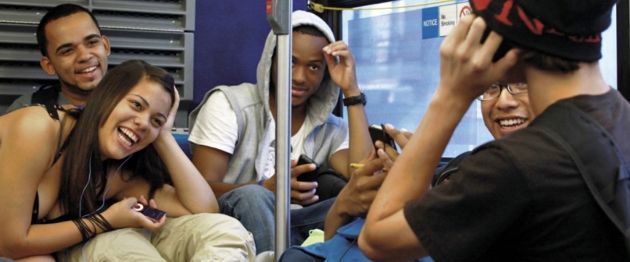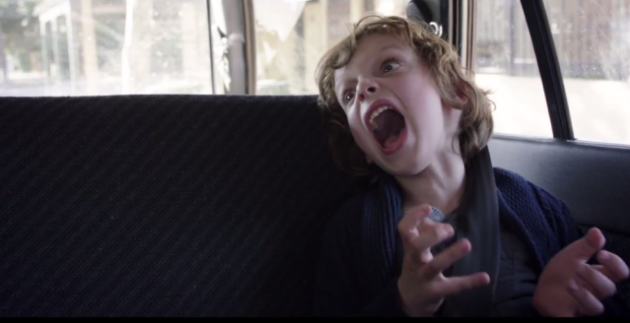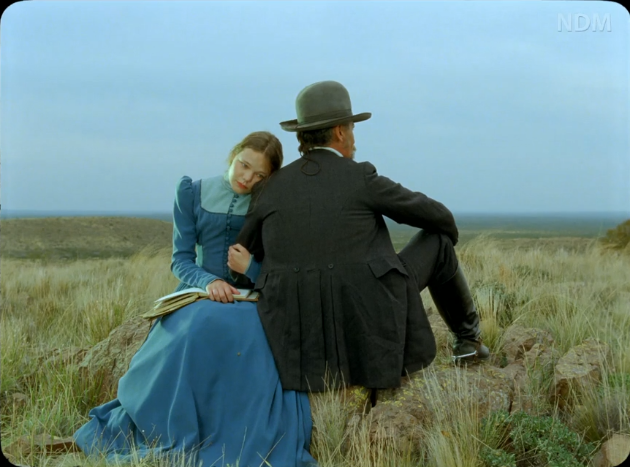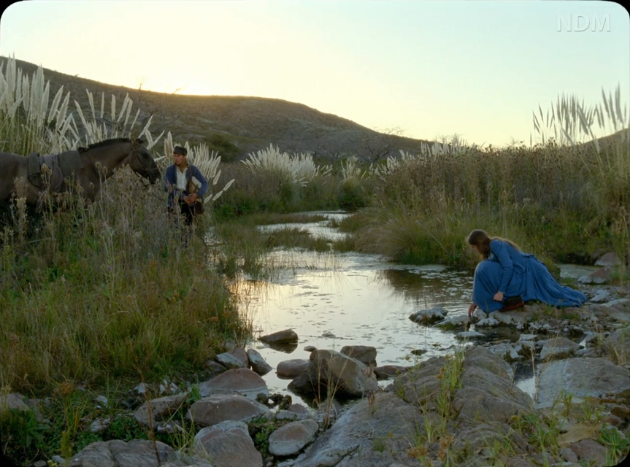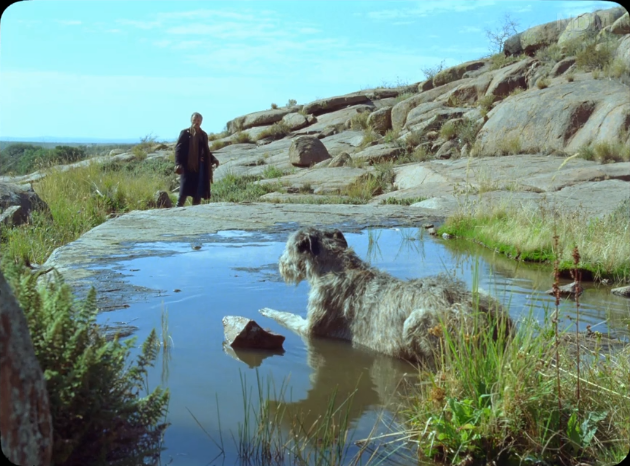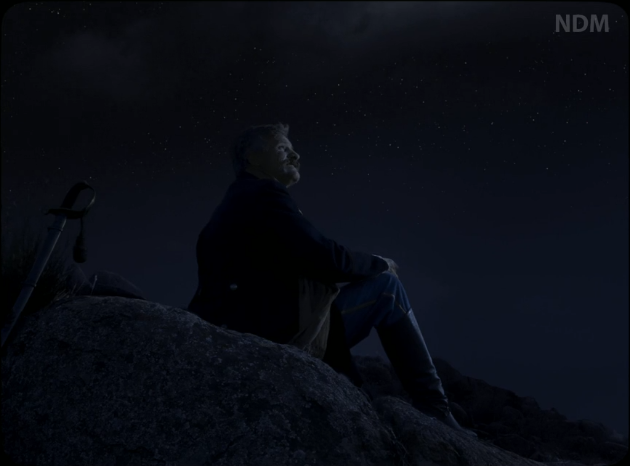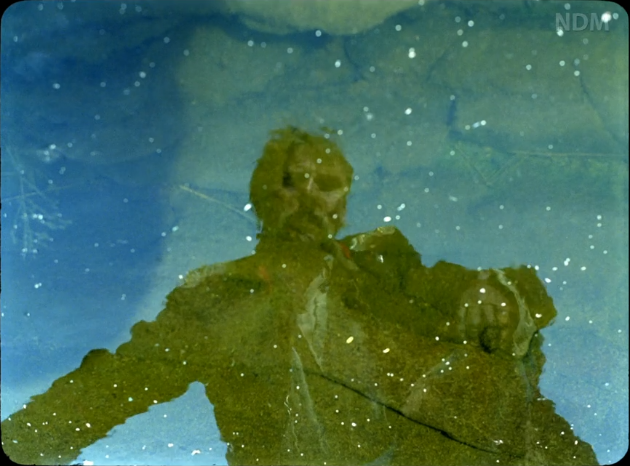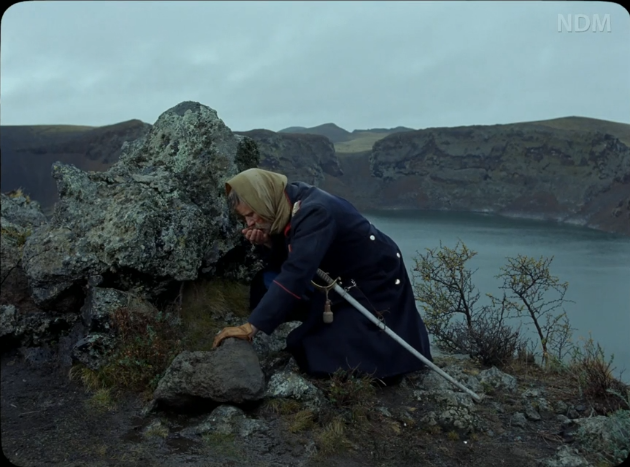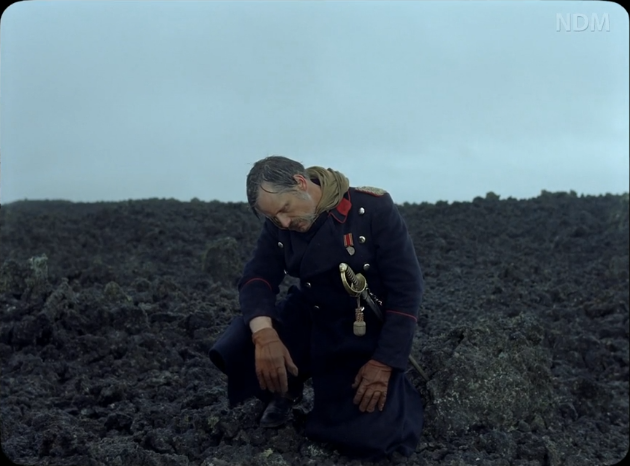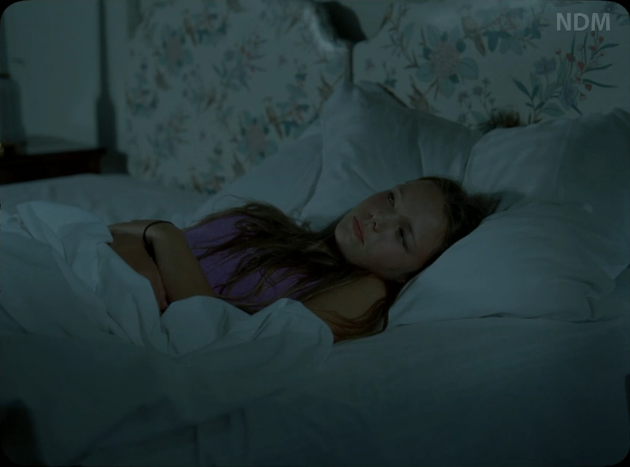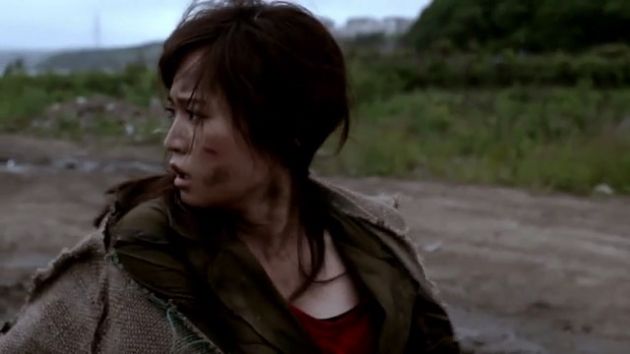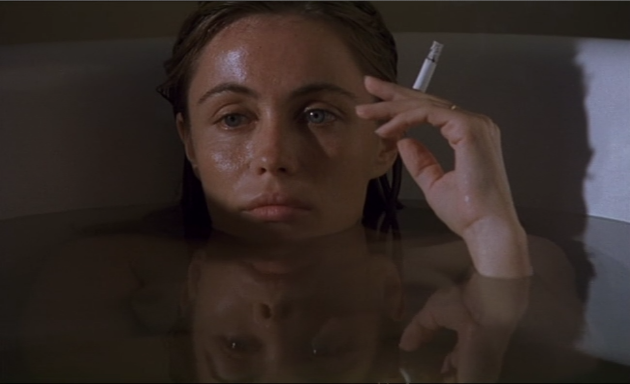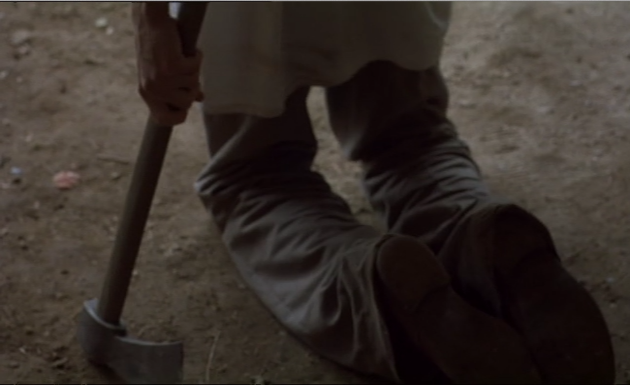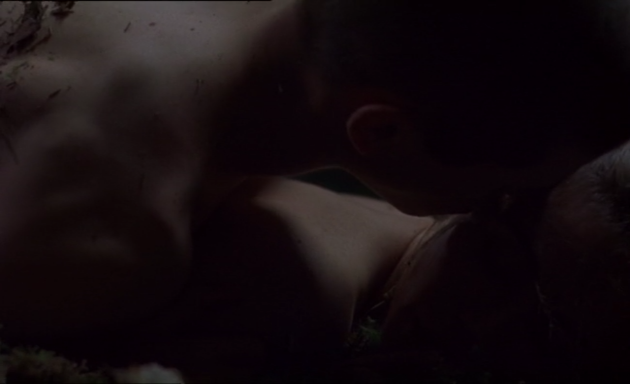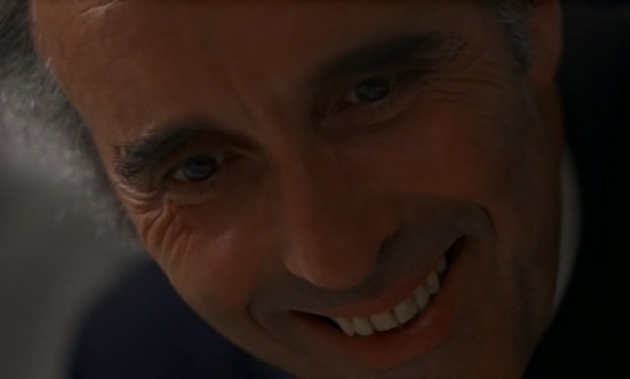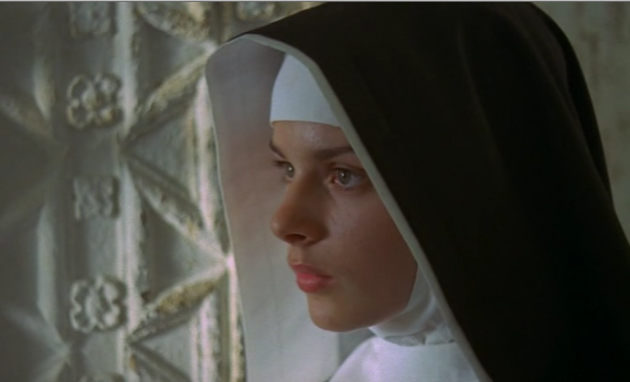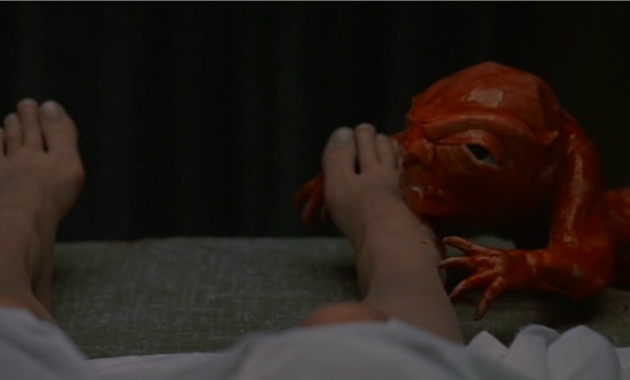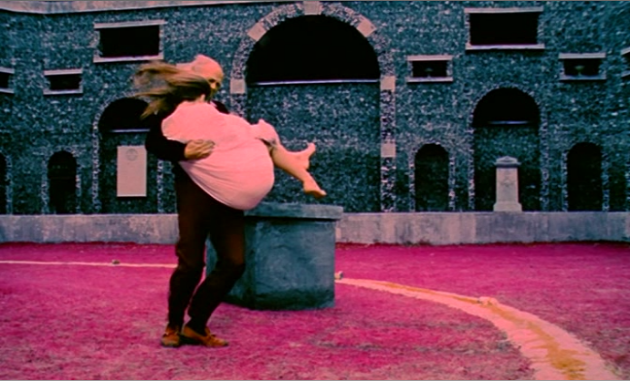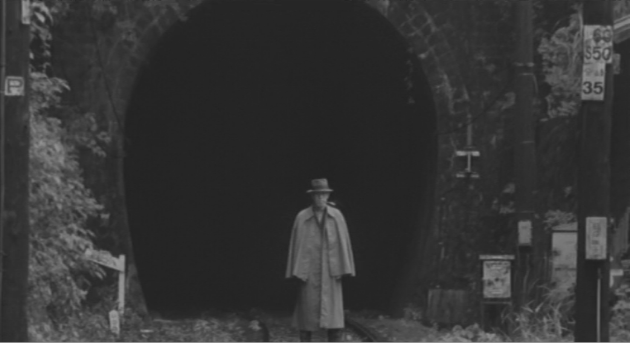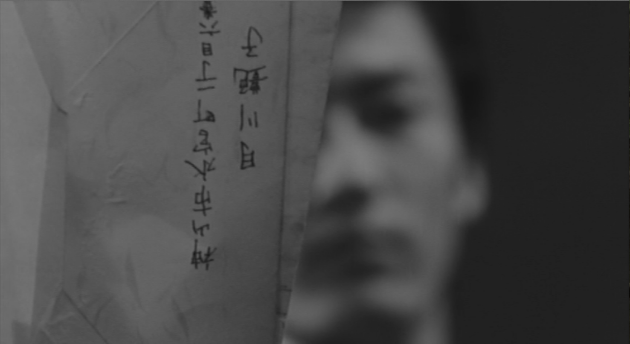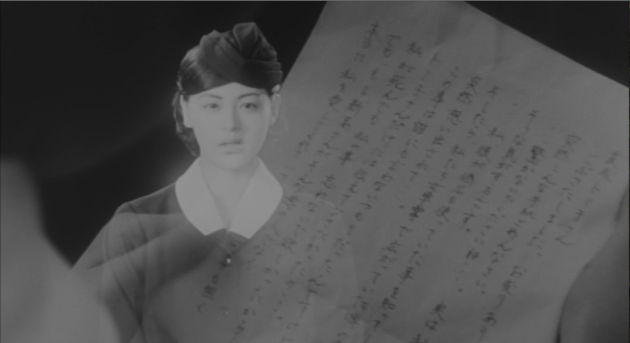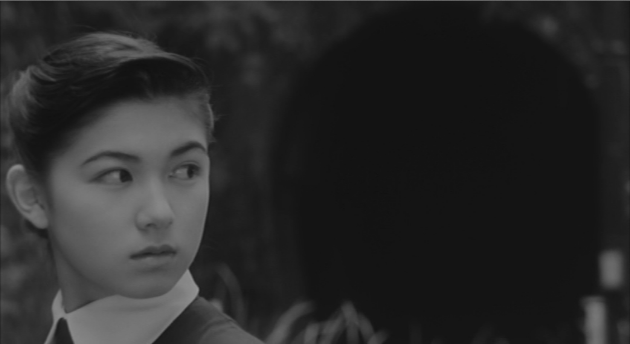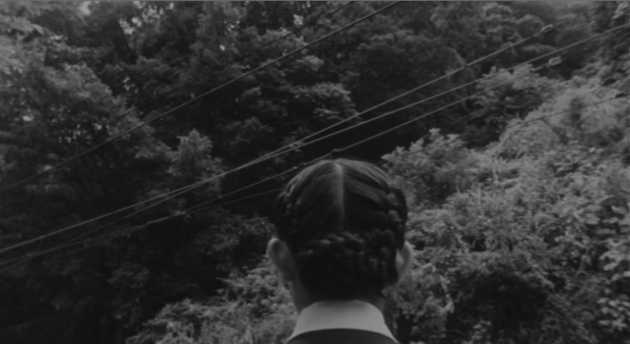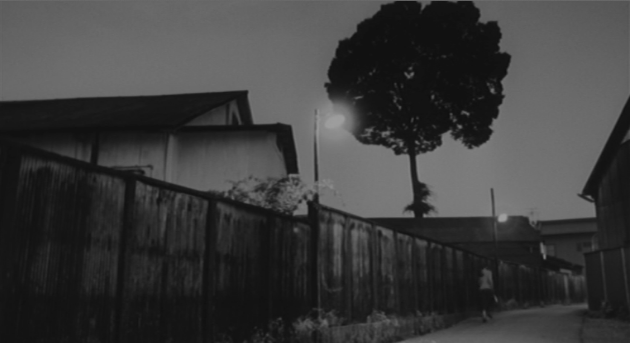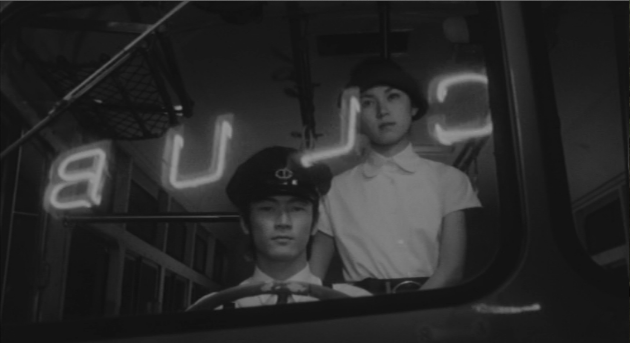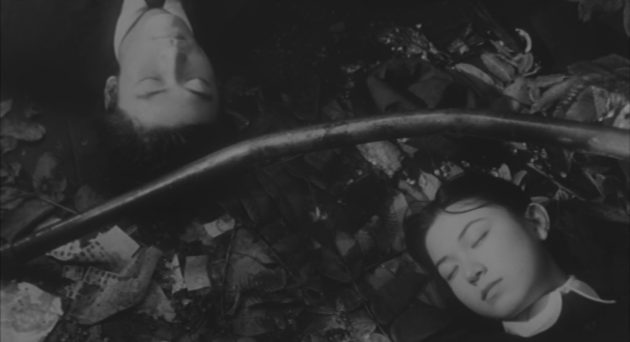
Before Sunrise, that perennial hit, the milestone of a generation, didn't hit me even though I was still in college when it came out. I thought it was too precious of a subject to be portrayed right and that there was no way to show young adult's romance without being pretentious. I thought the movie brought out/added to the worst traits in precautious, sensitive young men: a false sense of self confidence and self-righteousness. Linklater was the proto-hipster. I shunned him and his movies forever (ok, I watched Before Sunset, Waking Life and some others over the years).
I don't know why, but I gave Boyhood a go. Maybe because I wanted to prove me right the point I have been espousing for years that there is absolutely no salvageable profundity in movies about suburban white boy's life. Maybe I just got up too early after having all that thanksgiving food and booze and wanted to watch something. Maybe I thought I could place a safe distance to be objective because the subject is about childhood not adulthood. But Boyhood touched me to no end. There is nothing much going on in the film. It charts a Texan boy Mason (Ellar Coltrane) and his nuclear family for about ten years until he goes off to college. Linklater plays with time- the great revelator and equalizer, more expressively here than his 'Before' series. At first it plays out like a stripped down, down to earth version of the childhood segment of Tree of Life (which was by far the best part of that film). There are a lot of moments that are just as magical as Jessica Chastain spinning off the ground: a little talk in the car where dead beat dad, Mason Sr (Ethan Hawke) tells Mason about the blue whale as a proof that magic exists, or forever frazzled mom (Patricia Arquette)'s existential musing when Mason leaves for college, or the Mason talking with the girl he just met about the moments seizing you instead of the other way around.
Linklater chugged along consistently sticking to his gentle street philosophizing without a care in the world: no one really knows the big answers in life. I finally see his guilelessness in his films. Whether he observes life with the help of his famous actor friends, he is honestly portraying characters with what life throws at them. Seeing a boy growing up and forming his opinions and minds while acknowledging the time zipping him by is really something. Boyhood is a culmination of everything he's done before and it's marvelous. Still, Linklater's optimism is still very much American and it annoys me sometimes for a fact that we never see Mason cry or having a real tragedy in life. But I also understand it's called Boyhood, not Boyz 'n' da Hood. It is about celebration of growing up and unseen possibilities. Tragedies come later. They can wait.
